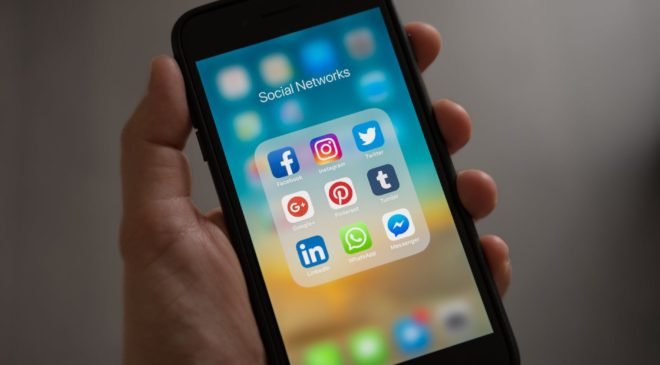
In today’s digital age, fake news has become a pervasive problem, with misleading and inaccurate information being spread at an unprecedented pace. This phenomenon is particularly concerning among young people who consume a significant amount of news and information online. However, media literacy education has emerged as a promising solution to combat fake news and improve critical thinking skills among the younger generation.
Media literacy education teaches individuals how to critically evaluate and analyze media messages, including news articles, social media posts, and videos. By providing the tools to identify bias, propaganda, and misinformation, media literacy education can help individuals become more informed and active participants in the digital world.
Research has shown that media literacy education can have a significant impact on young people’s ability to identify fake news. A recent study conducted by Stanford University found that most students are unable to distinguish between real and fake news. However, after undergoing media literacy training, students demonstrated a significant improvement in their ability to assess the credibility of online news.
Media literacy education also encourages young people to approach media messages with a healthy dose of skepticism. By questioning the source, context, and purpose of media messages, students can develop critical thinking skills that are essential for navigating the digital landscape.
Furthermore, media literacy education can foster a more informed and engaged citizenry. When young people are equipped with the skills to evaluate media messages critically, they are more likely to participate in civic activities, engage in political discourse, and hold elected officials accountable.
Media literacy education can also help to bridge the digital divide, ensuring that all individuals have equal access to information and the ability to critically evaluate it. This is particularly important in a world where access to information has become a crucial factor in social, economic, and political participation.
In conclusion, media literacy education offers a promising solution to the problem of fake news and misinformation. By equipping young people with critical thinking skills and the ability to evaluate media messages, media literacy education can help create a more informed, engaged, and empowered citizenry.



